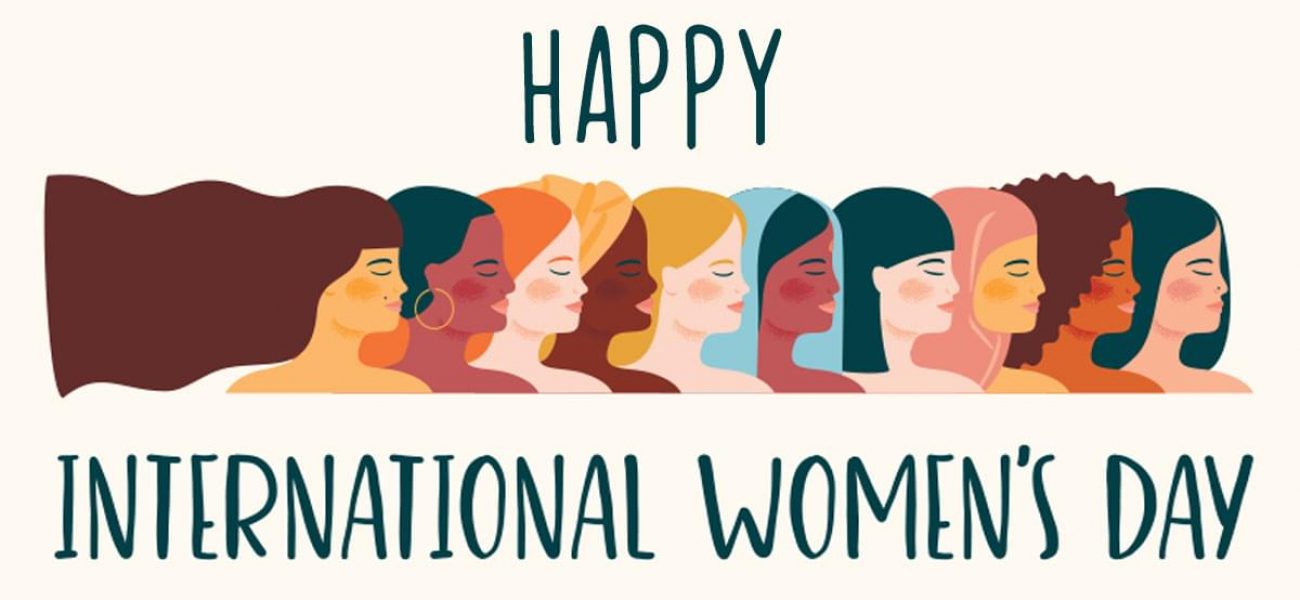The 2021 International Women’s Day on Monday, March 8 had as theme, ‘Women in Leadership: Achieving an Equal Future in a COVID-19 world’ with the hashtag #ChooseToChallange. There has been a growing awareness and advocacy for gender rights over recent years, pushing to attain gender parity. Particularly, improved women’s political participation, an end to sexual and gender-based violence, guaranteeing the right of the girl child to education, among others are some of the issues being advocated for. People took to several media platforms to challenge gender issues such as girl child marriage, female gender mutilation and other practices that impede women’s development, as part of the 2021 Women’s Day celebration.
President Muhammadu Buhari, in a message to mark the Women’s Day celebration, condemned all forms of gender-based discriminations, abuse, harassment and violence targeted at women in work places, schools, at community and national levels. He further pledged support for inclusivity for women in all sectors. The President of the Senate, Senator Ahmad Lawan in a statement, noted that women deserve support and encouragement to participate in governance and public affairs without discrimination or inhibitions.
Women currently occupy only 4.47% of seats in the National Assembly, a slight improvement from 3.38% recorded upon the conclusion of the 2019 general elections. The national average for women’s political participation in Nigeria for elective and appointive positions stands at 6.7%, well below the West African sub-regional average of 15% and the global average of 22.5%. PLAC is still making a case for special measures or affirmative action laws to promote the number of women in elective political positions.
With concerted efforts from all stakeholders, society can provide a conducive environment and equal opportunities for girls and women to thrive, by eradicating the factors that inhibit their growth and development in society – culture, religion, lack of education, poverty, etc.

